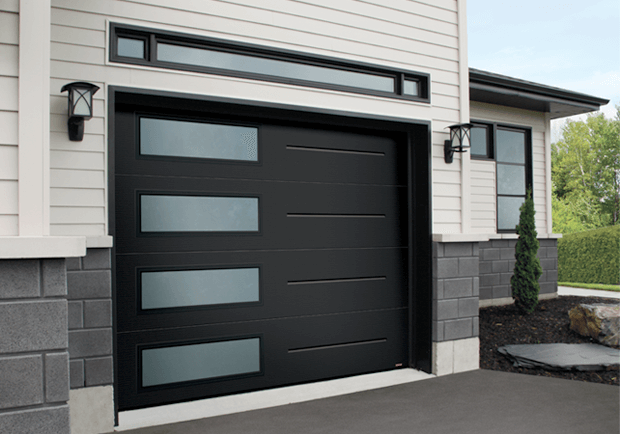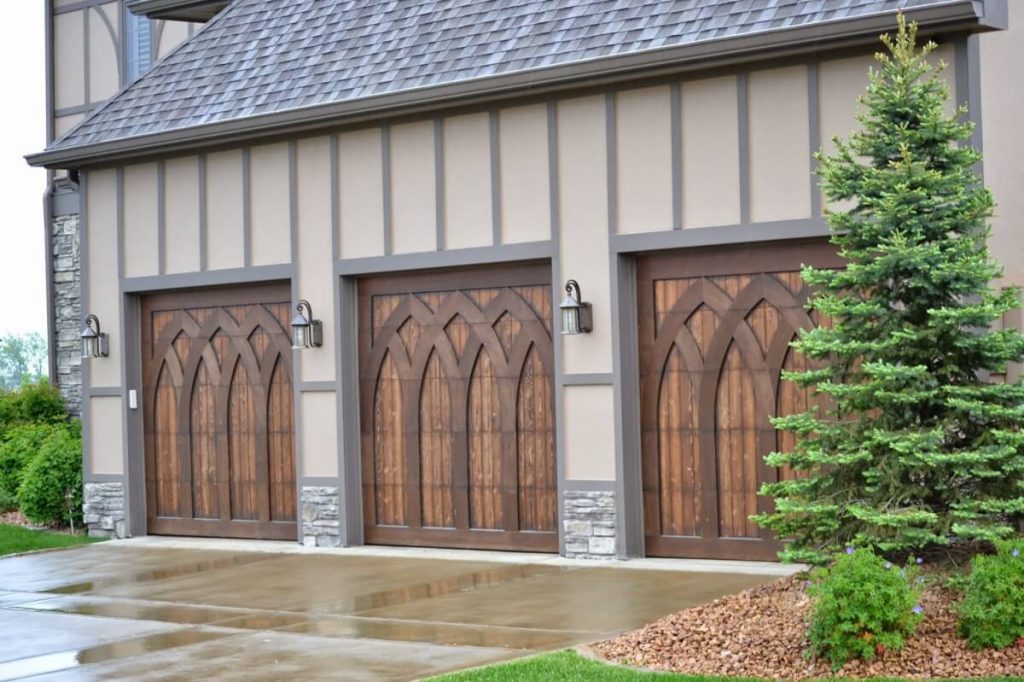Selecting Insulation for Your New Garage Door
When you are searching for garage doors in Las Vegas, one thing that you should definitely consider is how much insulation you want your door to have. In most cases, the more insulation you have the better regulated the temperature will be inside your garage. Heavy amounts of insulation can also keep out street noises and other sounds that could disturb people in the house. There are three basic types of insulation, including reflective coils, polystyrene foam, and panel kits, the latter of which is designed for do-it-yourself purposes.
Reflective Coil and Polystyrene Foam
This is a type of insulation that is available in rolls and typically comes in a thickness of 1.5 inches. There are single foil and double foil version of these reflective coils, the former of which includes two layers of aluminum foil with a single polyethylene foam layer between the foil. The double foil insulation available to you consists of two layers of foam. Polystyrene foam insulation is designed to fit the panels of your garage door and is relatively rigid in design. This type of insulation is known to be effective.
Panel Kits
These are do-it-yourself kits that come in pre-cut panels of eight. They are comprised of plastic-laminated polystyrene or fiberglass, both of which work well as insulation. Fiberglass panels are resistant to mold and water. While these kits can be effective at keeping temperatures regulated and dampening any outside sounds, you may want to have an actual installation service provider equip the insulation in the garage door instead, as it can be difficult to get it right on your own.
Additional Considerations to Keep In Mind
Be aware of the weight of the insulation you’re considering as insulation adds to the weight of your door, which can be problematic if your door is heavy in weight. Insulation will usually be marked with an R-rating, which is a type of rating that highlights how effective the insulation is. Higher R-ratings indicate better insulation.






